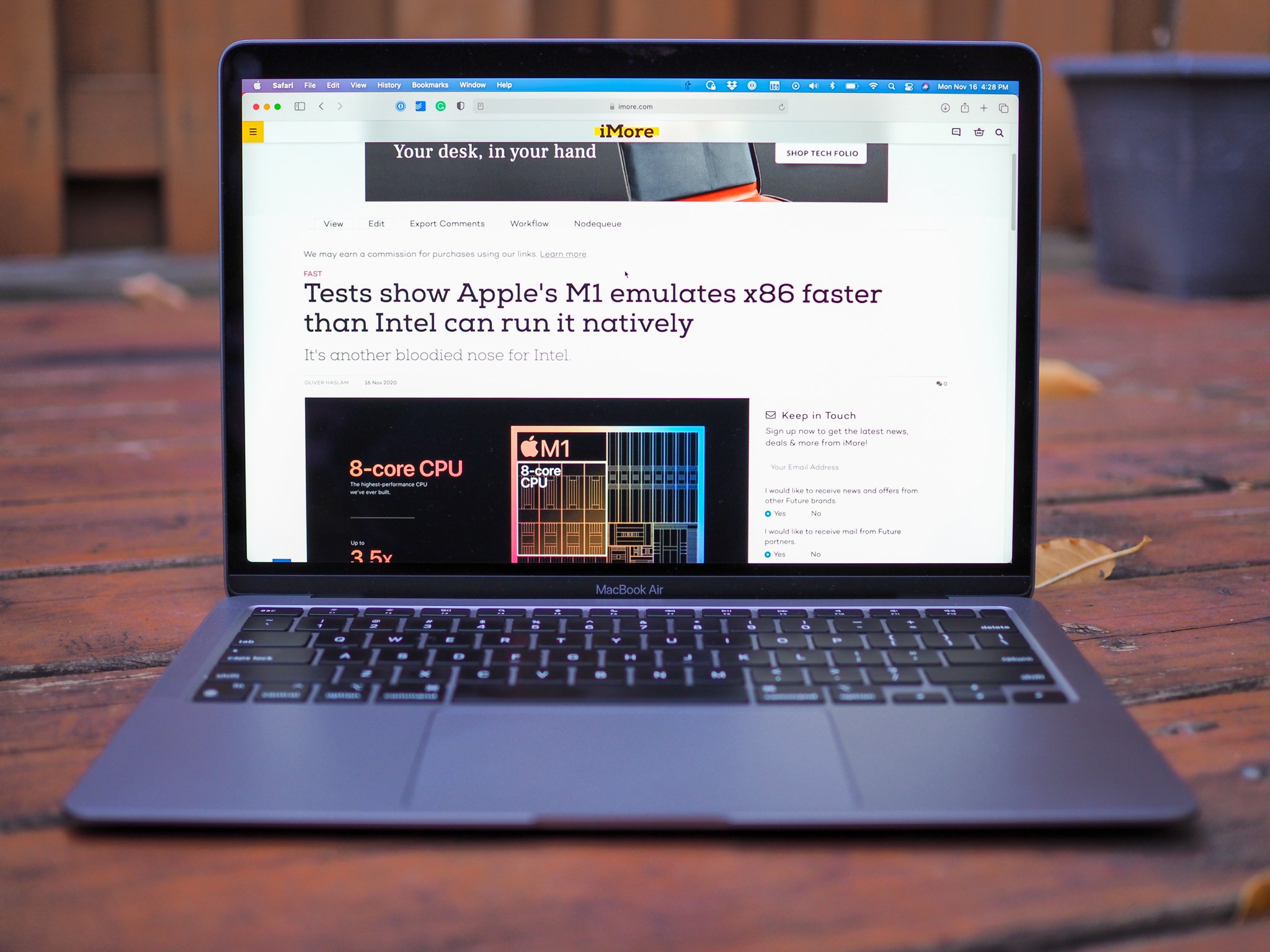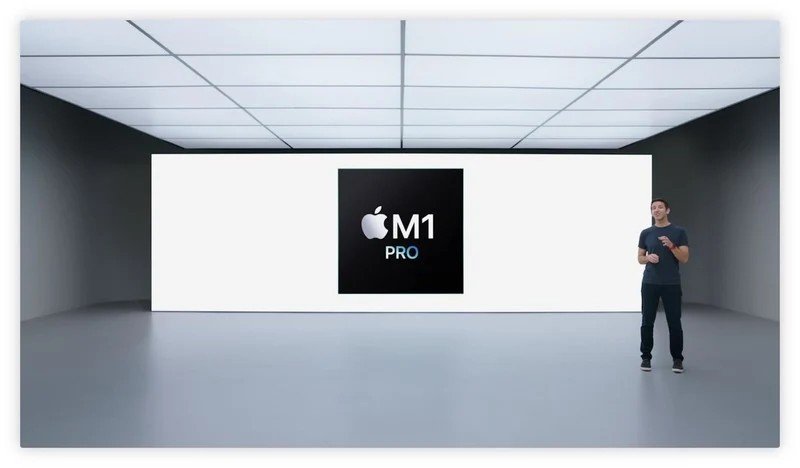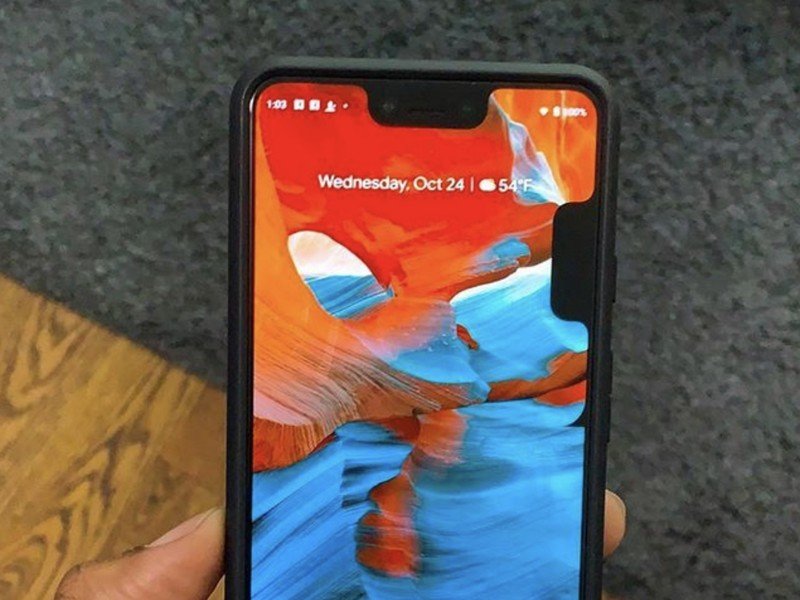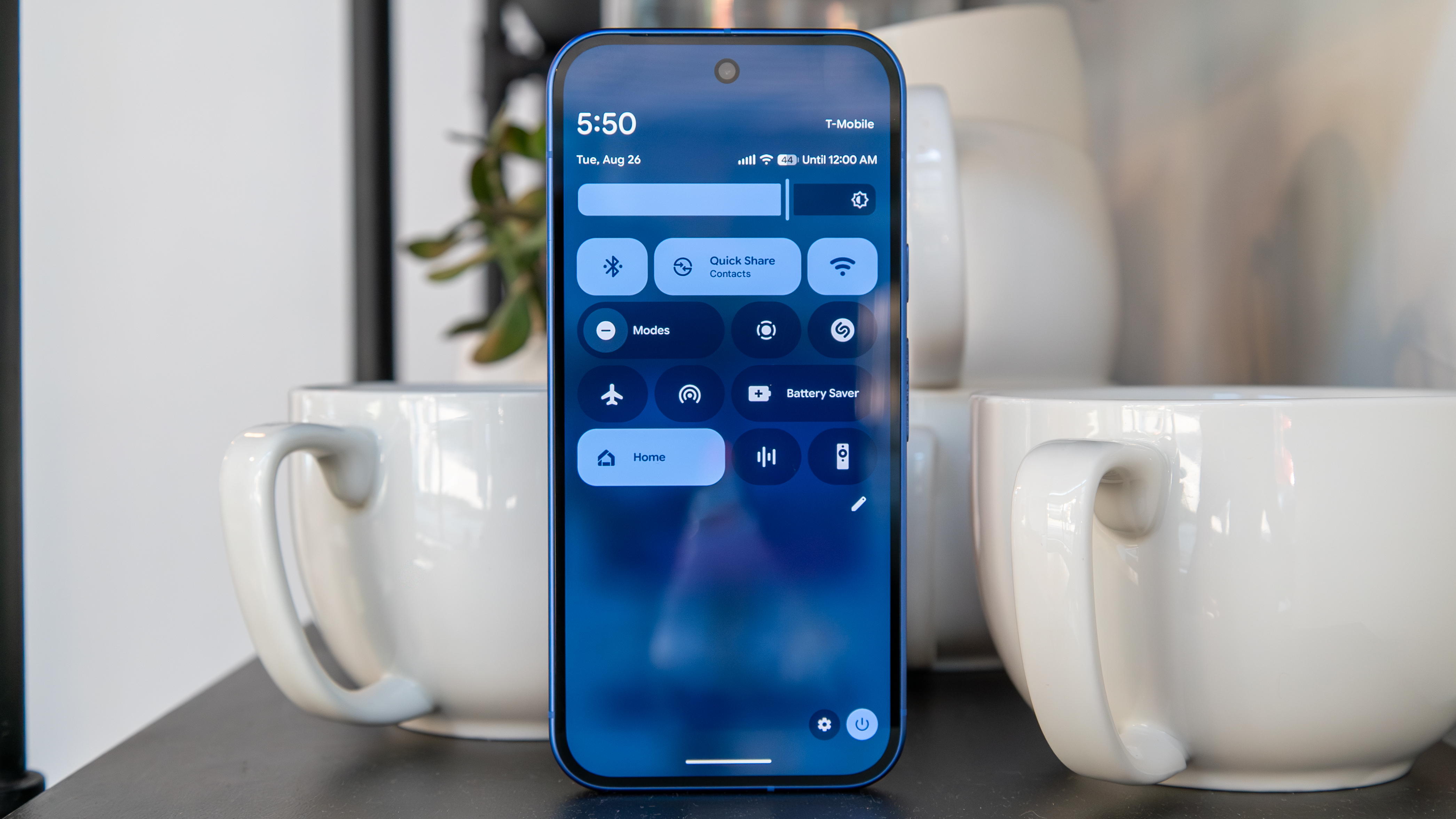The Apple M1 chip is helping Apple expand its brand lock-in

The new MacBook Pro isn't an Android device, so it isn't particularly interesting for a website like Android Central to cover. However, it is a good upgrade for the right person, thanks to the removal of the touch bar and new specs inside. As long as you can learn to enjoy the notch, that is.
More importantly, for Apple, tech writers, and tech consumers, is how it is the beginning of a new push to create more Apple ecosystem lock-in through hardware. Yes, you read that right: the new M1 chip is also a new way to get a subset of users onboard and keep them locked up there.
This isn't anything new, and every company — including the one who made whatever phone you think is the best Android phone — tries it, too. But few are successful; outside of Apple, Google, and Amazon. Most companies don't really offer any reason to buy more products. Google does it through a pretty damn good software ecosystem, Amazon does it through dedicated partnerships and first-party devices, and Apple does it through hardware interoperability.
This is new and different, though. You heard Apple and other developers saying it even if you don't remember it, but I can jog your memory if you watched the Apple event: There were a handful of third-party developer reps in it that talked about how the new M1 Pro was so much better. They all talked about how they were able to optimize their products for Apple's latest hardware.

Apple kept saying it, too. Performance is X% better on apps optimized for the new M1 Pro. There were even fancy slides with bar graphs. Apple may have mentioned Rosetta and universal apps, but the focus was on the applications optimized for this new hardware.
We expected to hear how much better the new chip was compared to last year's new chip.
Was this to be expected? Sure, this was Apple's annual MacBook event. But hearing the word optimized over and over reminded me of another yearly Apple event — the one where we see the new iPhones. The difference was that Apple now has third parties, including some of the biggest names out there like Adobe, saying it in regard to the new "pro" model laptop.
I have no real clue how many units Apple plans to sell or even who should buy a new MacBook Pro. I do see how it has carved a niche for itself, though. Most people are fine with a Chromebook or light (read cheap) Windows laptop. Or even a MacBook Air. At the other extreme, we see folks like heavy PC gamers or CAD architects who need a Windows desktop decked out with one or more high-end graphics cards.
Get the latest news from Android Central, your trusted companion in the world of Android
For professionals who don't work in the office all day every day, the new MBP looks pretty good, provided the right software works well. I doubt very many people will be trying to edit seven streams of 8K video while on battery power, but knowing that Apple got a company like Abode to make it possible through optimization for one specific chipset means there is only one choice: the new MacBook Pro.

These same people will probably buy a new MacBook Pro the next time they need a laptop because they are now invested in the Apple ecosystem in an all-new way. They will probably buy a new iPhone and iPad the next time they need one because Apple products just work better when they are all tied together.
If a new MacBook ran the software you need better than any other laptop, you would at least think about buying one.
Yes, my example isn't one filled with a lot of users, but this is just the beginning. Apple, of course, makes sure all of its own apps work best on the newest products, and the company has enough influence to get other companies to do the same. It's finally leveraging it. And this is a pretty big deal. A newer iPhone runs so well because it has a stupidly overpowered chip inside of it, but older iPhones ran well, too. They were able to do it because the software was optimized for a single set of hardware.

It could shift the PC industry. Emphasis on could.
Is this enough to shift the PC industry? I don't know. I don't think so, at least not yet. But if Apple is able to make sure the software you want works best on its next product, you're certainly going to think about buying one. The question is how far it all will go. Apple has had a good relationship with companies that make media editing tools for a long time so seeing them first out of the optimization barn is no surprise. We'll have to see if competitors, especially Microsoft with Visual Studio and Office (Google already went there), get on board.
What I do know is that high-end Windows laptop makers know they are in Apple's crosshairs. Hopefully, companies like Razer and Dell have a plan to keep the big money laptop market competitive like Google, Samsung, and other partners were able to do in the mobile sector.

Jerry is an amateur woodworker and struggling shade tree mechanic. There's nothing he can't take apart, but many things he can't reassemble. You'll find him writing and speaking his loud opinion on Android Central and occasionally on Threads.
